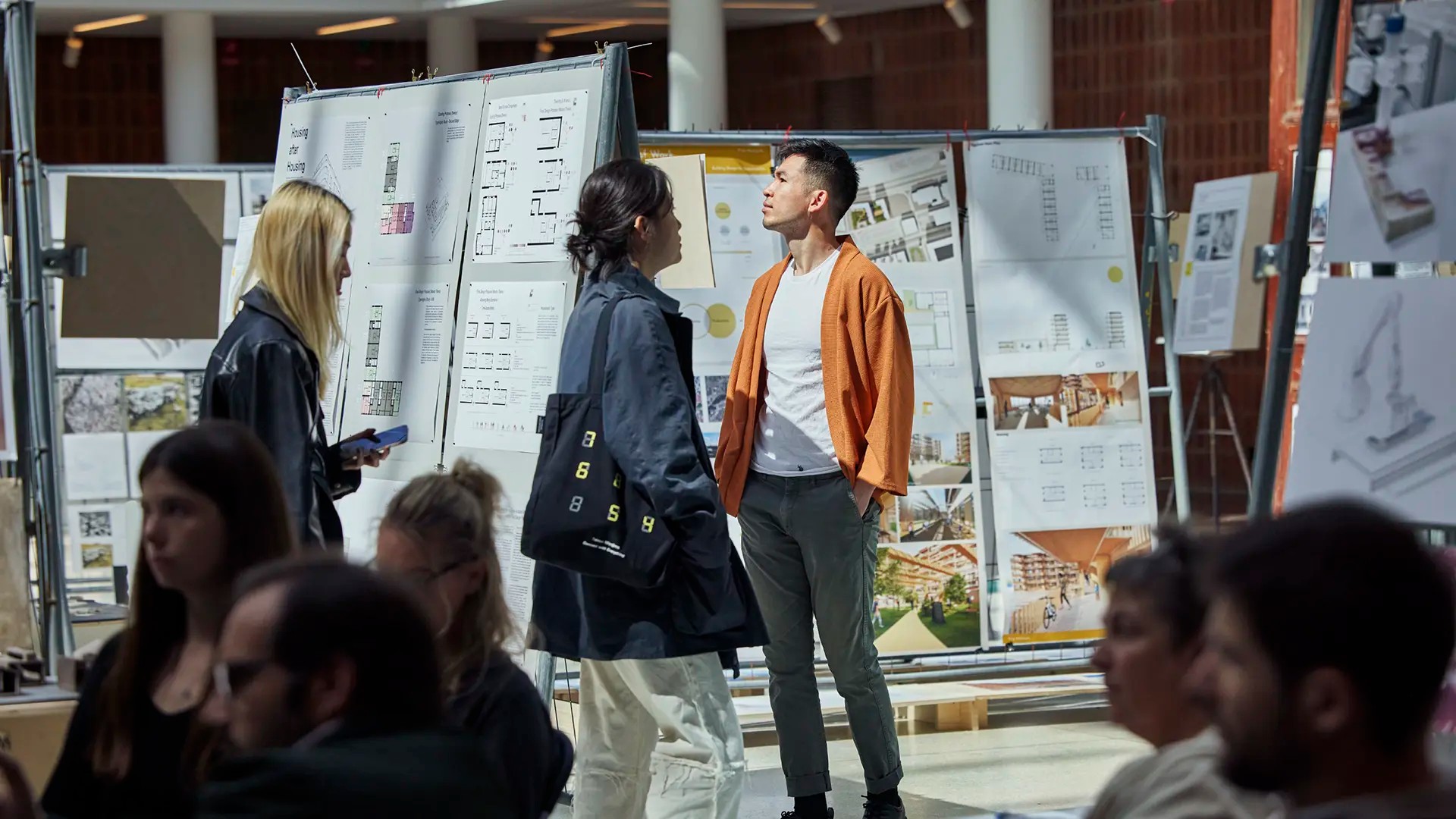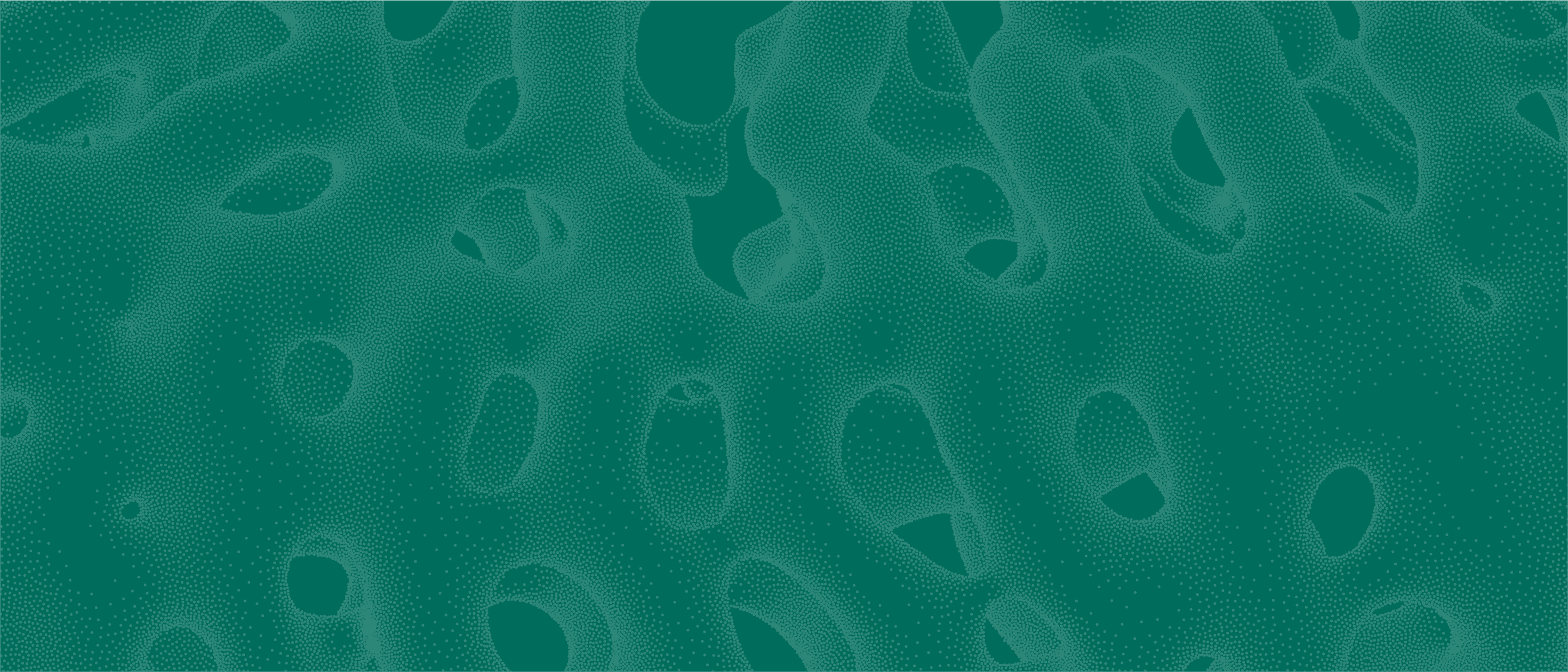
We want our students to think independently and use engineering methods to meet future challenges. To achieve this, we encourage you to use your creativity and test your ideas. Our teachers and staff are always there to guide and help you.
The structure of our master’s programmes
The master's programmes run for a duration of two years, leading to a Master of Science (MSc) degree. During each year, students can earn 60 credits (ECTS) and complete the programme by accumulating a total of 120 credits. Credits are earned by completing courses where each course is usually 7.5 credits. The programmes consist of compulsory courses, compulsory elective courses and elective courses.
- Compulsory courses:
All students enrolled in the programme will study these courses. They are obligatory to finish the programme and provide a good foundation in the study field of the programme. - Compulsory elective courses:
These are elective courses within your programme where you can choose between different tracks of specialization. - Elective courses:
You have the option to choose elective courses from outside the programme plan. Through these courses you can add different aspects to your degree and form your study plan after your interests. - Tracks courses:
Tracks courses are part of Chalmers' educational offer, but do not belong to a specific programme or department. Students and alumni work together on challenges based on real-world problems and it can be part of your programme or as an extra curriculum. Through these courses you can choose to learn more about subjects that are not included in your ordinary educational programme.
Master’s thesis
All master’s programmes are completed with a master’s thesis, which comprises 30 or 60 credits (ECTS). A 30 credits thesis is done in one semester and a 60 credits thesis takes two semesters to finish. The thesis is an important part of your studies as it shows that you have acquired the knowledge you are supposed to get from the courses in the programme. This is also the part of the programme that you control the most, since you can choose a focus area that really interests you and that maybe even will give you a job when you are done.
When you work on your master’s thesis, or on other projects, you are often provided with supervision from a professor or lecturer. A supervisor will support you and guide you through problems that may occur during your project/thesis. Supervision is usually conducted individually or in small groups. Typical tasks that you can get help with are oral presentations, planning or designing your thesis, conducting a study etc.

Master's studies at Chalmers
We offer master's programmes in engineering, architecture and technology management.
Forms of study
The forms of study at Chalmers are many and varied, depending on what subject you study. You may have everything from lectures in large groups to individual tuition. Some courses have a large number of scheduled hours whereas for others you will have to study more independently. Regardless of the programme, students are expected to take responsibility for their own learning and development, with the support of teaching staff. You can learn more about the different forms of study below:

The grading scale
The most common grading scale at Chalmers is three to five, where five is the highest grade.
You will need at least three in order to pass an exam. In some courses you can only be awarded “fail” or “pass”. If you do not manage to pass an exam on the first attempt, you will have several opportunities for re-sit examinations. In some cases, you might be able to gather the credits needed through other forms of examination.



